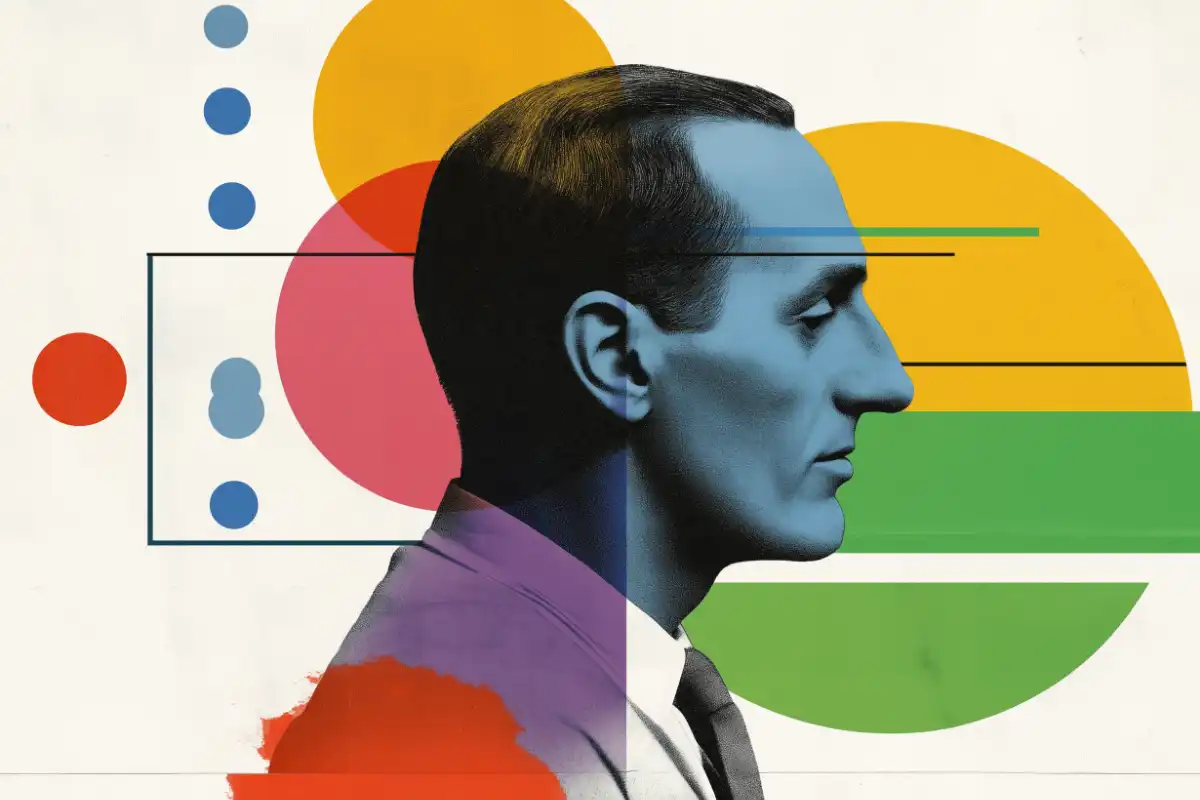
Weird Backgrounds: A PM Origin Story
Here's the thing: the accidental nature of the PM career path is what makes it so effective. The role sits at the intersection of business, technology, and design. It requires empathy, communication, data analysis, and just enough technical knowledge to be dangerous at standups. The best PMs are the ones who bring something unexpected to the table-like a background in art or teaching.
I've worked with PMs who started as engineers, marketers, teachers, consultants. Each brought a unique lens to the job. The ex-teacher was a master at explaining complex ideas. The marketer could sell anything, including the need to delay a launch.
This diversity isn't just colourful, it's critical. Product management is about solving problems from every angle. The more perspectives, the better the product.
Case study:
The great vision workshop fiasco.
Let me take you back to when my team tried defining our product vision. We booked a room, brought snacks, and filled a whiteboard with sticky notes. The engineers wanted to build "cool tech." The designer wished to create "delightful experiences." The sales guy wanted "something I can sell yesterday." I tried to avoid conflict and maybe sneak out for a coffee.
The conversation went in circles. We argued whether the button should be blue or "optimised for conversion." At one point, someone suggested we pivot to being a "platform." No one knew what that meant, but it sounded important.
Eventually, we realised we were all talking past each other. So we tried something new: everyone had to explain their idea using only metaphors from their previous career. The ex-consultant drew a matrix. The designer sketched a journey map. I made a flowchart that looked suspiciously like a pub crawl. Somehow, it worked. We found common ground, not because we all thought the same way, but because we didn't.
Experimentation, confusion,
& the joy of not knowing.
If you're looking for certainty, product management is not for you. The job is ambiguous, with a side of "I'll get back to you on that." The best PMs are comfortable being uncomfortable. They experiment, fail, and try again. They ask dumb questions (which are usually the smart ones). They admit when they're lost, which is most of the time.
I once spent two weeks trying to prioritise features for a release. I built a spreadsheet so complex it required its legend. In the end, the team ignored it and went with their gut. Lesson learned: frameworks are helpful, but people are messier than any process. Sometimes, you need to get everyone in a room and let the chaos happen.
What we learned
(& Why it matters).
- There's no "right" background for PMs. The best teams mix skills, perspectives, and oddball experiences. Embrace the weirdness.
- Influence beats authority. PMs rarely have direct power. You get things done through persuasion, relationships, and sometimes, bribing people with biscuits.
- Ambiguity is the job. You'll thrive if you're comfortable making decisions with incomplete data. If you need a checklist for everything, maybe try accounting.
- Experimentation is survival. The best PMs are always learning, iterating, and ready to admit when they're wrong.
- Humility is a superpower. The job is invisible when done well. If you need constant praise, try being a designer. (Just kidding. Designers never get enough credit either.)
How it affected the product & the people.
Our product didn't become an overnight success. But it got better because we kept questioning and experimenting.
As for me, I stopped worrying about whether I was "qualified" to be a product manager. No one really is. That's the secret. The best PMs are the ones who show up, ask questions, and try to make things less confusing for everyone else. Sometimes, that means being the person who finds the coffee filters, and sometimes, it means digging into the unknown, figuring it out and moving the project forward.
Conclusion:
Embrace the accident.
If you're reading this and wondering if you have what it takes to be a product manager, congratulations, you probably do. The job isn't about having all the answers. It's about bringing your whole, weird, accidental self to the table and helping others do the same. That's how good products and good teams get built.
And if all else fails, remember: when in doubt, bring snacks. It's the one thing everyone can agree on.

